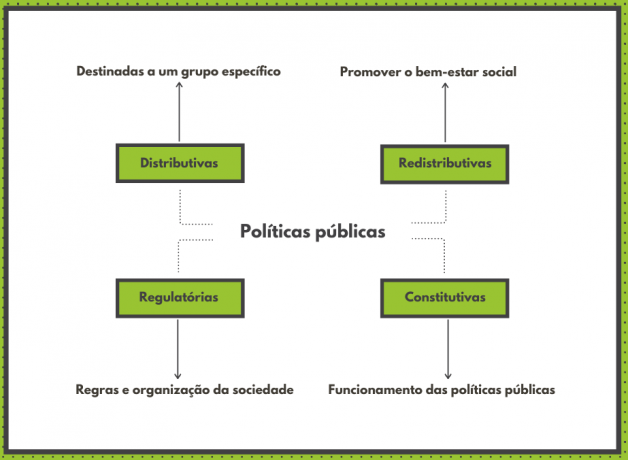Oligarchy is a term that originates from the Greek word "oligarchy" whose literal meaning is "few government” and which designates a political system in which power is concentrated in a small group belonging to the same family, political party or economic group.
The oligarchy is characterized by a small group that controls social and economic policies for the benefit of their own interests.
The term is also applied to social groups that monopolize a country's economic, political and cultural market, even though democracy is the prevailing political system. It can be, for example, when members of the same political party occupy the highest positions in government.
Currently, some non-institutionalized groups are seen as forms of oligarchy, such as: political parties, social classes, associations and families.
According to Aristotle and his division of state forms, the oligarchy is considered as a depravity of the aristocracy, where power is exercised for the benefit of a group or class rather than the general population.
One of the best known expressions of this political system was the spartan oligarchy, also known as military oligarchy. Sparta was ruled by two kings (dyarchy) and was controlled by a small group of more important families.
Oligarchy in Brazil and the Old Republic
With the end of the monarchic regime and the Proclamation of the Republic in 1889, Brazil came to be governed by an oligarchy. Until the year 1930, the government represented an elite of large agricultural and livestock farmers. They were known as colonels and dominated the production of coffee (in São Paulo) and milk (in Minas Gerais), in the two richest states and with the largest electorate in the country. In this system, also known as the policy of the coffee with milk due to the alternation of power between MG and SP, power was concentrated in rich families forming a coffee oligarchy and controlling the elections.
During this period, the Southeast region of Brazil was extremely favored with this system while the remaining regions received little or no investment. For this reason, the dissident oligarchies, in the South and Northeast regions, who fought and conspired against the political forces of São Paulo and Minas Gerais.

